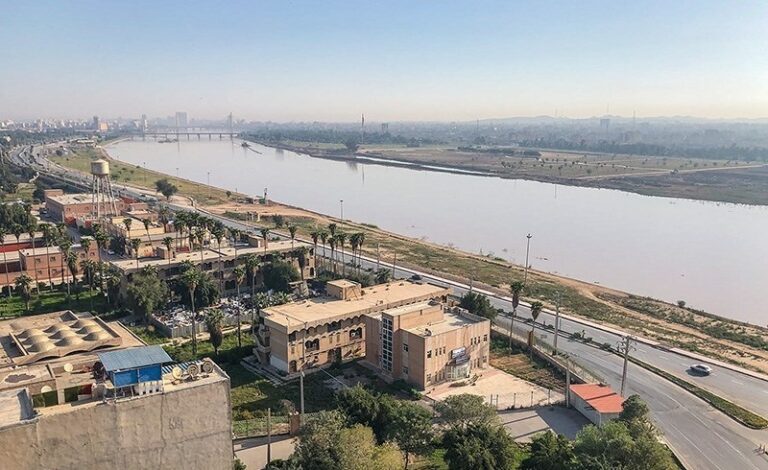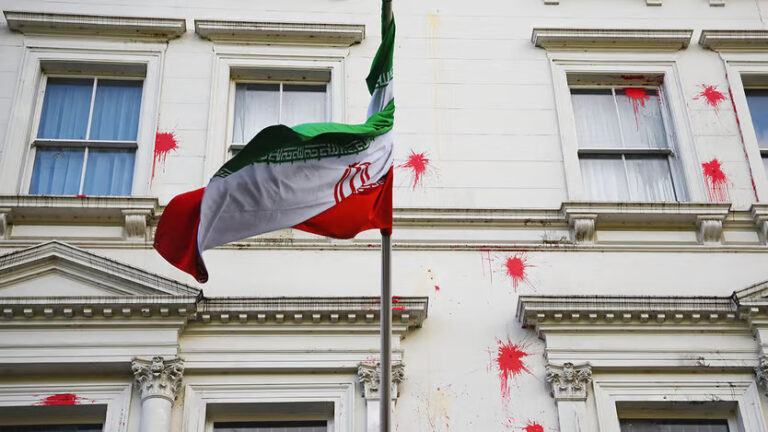Referring to the lack of progress following the 1980-88 Iran-Iraq War, he said: “Years after freeing the city, I feel ashamed of the failure… Khuzestan suffers from basic problems relation to water, the environment, employment and industry.”
However, the Supreme Leader’s representative in Ahwaz City, Friday imam Ayatollah Mohammad Ali Mosavi Jazayeri, has hit out against attempts to mobilise ethnic support as treasonous, claiming that “ethno-nationalism in the elections is a betrayal to the city, the government and the revolution. People have to change their attitudes towards election campaigning.”
In recent days, two other conservative presidential hopefuls – Mohsen Rezaee and Hassan Rouhani – have sought to articulate growing Ahwazi Arab anger at racial discrimination and poverty in order to win votes from the community. However, Ahwazi political parties refuse to endorse any candidate and called for a boycott. They have warned against the dangers of electoral opportunism that may boost the turnout and legitimise the regime, but ultimately achieve no material progress for indigenous Arabs.
Ahwaz News Agency












+ There are no comments
Add yours